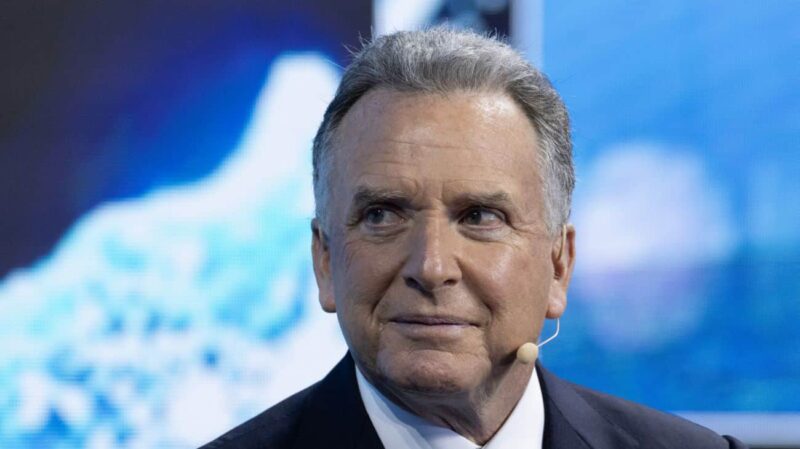Recent CNN report indicates that the administration of U

S. President Donald Trump is actively seeking to organize a new meeting between his special envoy, Steve Vitko, and representatives of the Russian Federation. The goal of this meeting is to persuade Moscow to agree to the proposed U.S. conditions for ending the war in Ukraine, within the framework of which the United States aims to find a diplomatic solution to the conflict and break the deadlock. According to sources within the U.S. government, cited by CNN, another detailed meeting is planned to take place in London. European and Ukrainian institutions will work alongside Vitko to finalize positions and choose a path towards resolution. At the same time, the Trump administration is not limited to these negotiations: another meeting with a Russian delegation is also scheduled to persuade the Kremlin to support U.S. proposals, including the idea of resolving the war. Sources confirm that the higher political leadership of the United States intends to apply diplomatic pressure and persuade Moscow to join the proposed framework. Additionally, a key detail is Washington’s readiness to recognize Russian control over the annexed Crimea as part of possible agreements with the Russian Federation. Explanations state that such a step is part of a broad proposal aimed at stopping hostilities. It is expected that the U.S. will propose a high-level ceasefire and a halt to fighting along the front line, which will become one of the primary conditions for settlement. These proposals were presented to European and Ukrainian representatives during consultations in Paris at the end of last week. Meanwhile, the Russian side was also informed about the proposal during a phone conversation between U.S. Secretary of State Mark R. Regev and Russian Foreign Minister Sergey Lavrov. The background of these diplomatic efforts is shaped by a series of important meetings. On April 11, Vitko met with Russian President Vladimir Putin in Saint Petersburg to discuss possible pathways to resolve the Ukrainian conflict. According to Russian propaganda media, this dialogue lasted about 4.5 hours. It was one of the initial stages in seeking a diplomatic solution — a signal and a message of possible compromise. Later, on April 17 in Paris, a large-format negotiation took place involving Ukrainian, French, German, and British delegations. The talks focused on a complete ceasefire, the creation of a multinational contingent to ensure stability, and security guarantees for Ukraine, as key steps toward peace. British and American representatives, including Secretary of State Mark R. Regev, participated in this diplomatic online session. Following these meetings, on April 18, Regev stated that whether peace in Ukraine can be achieved needs to be decided in the coming days. According to the official, the United States remains highly prepared to consider the possibility of abandoning diplomatic efforts if there is no clear progress soon. He emphasized that U.S. interests are concentrated on priority foreign policy directions. If significant progress is not made, countries may cease diplomatic efforts and switch to other response options. It is known that crucial decisions regarding the prospects for peace could be made already in the London format. Reports suggest that in the capital of England, likely on April 21, representatives from various countries will gather to discuss the possibility of a ceasefire. Although no official confirmation of these plans has yet been provided, many analysts stress that this diplomatic step could be a turning point in the multi-vector efforts to achieve long-term peace. Thus, the situation as of now remains highly tense and unpredictable. At the same time, the prospects of diplomacy with the U.S. and their European partners appear quite active, with ongoing attempts to find a compromise in the most complex crisis in modern European history. However, decisions on the possible end of the war remain unknown and depend on the political will and diplomatic efforts of all interested parties.

